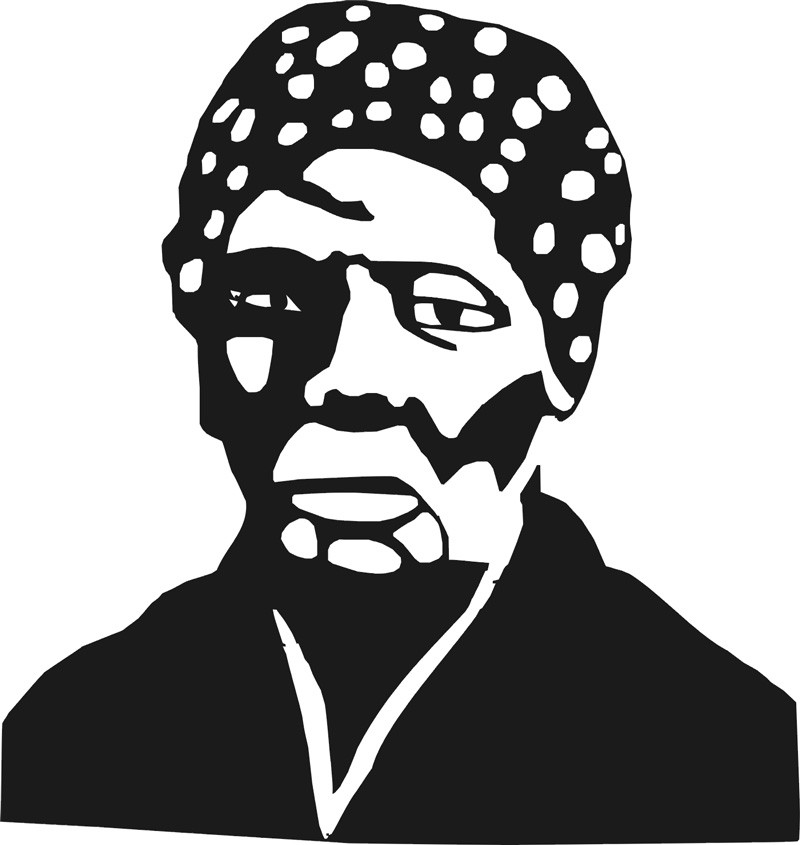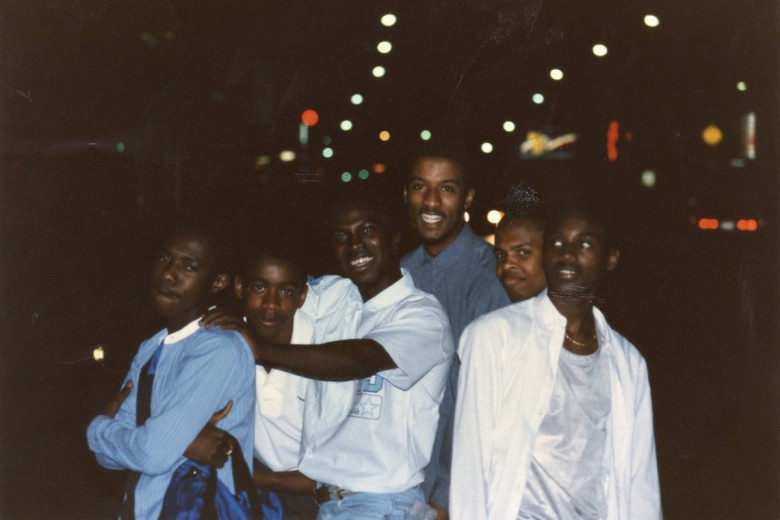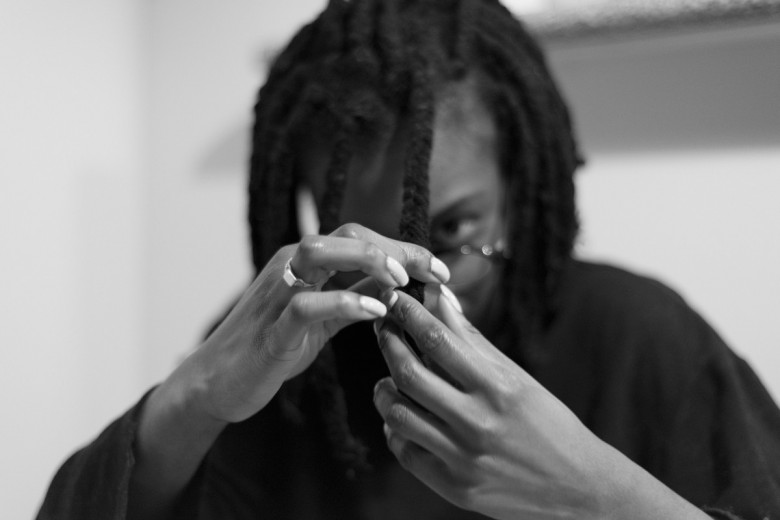
“We will be ourselves and free, or die in the attempt. Harriet Tubman was not our great-grandmother for nothing.”
Alice Walker, You Can’t Keep a Good Woman Down
One of the most remarkable progressive figures of the 19th century was a woman named Harriet Tubman. During her 93 years she was variously a slave, a fearless abolitionist and conductor on the Underground Railroad, an American Civil War scout and spy for the Union forces, a post-Civil War activist raising money for schools and care centres for former slaves, and, late in her life, an outspoken suffragist. She became, and continues to be, an inspiration to descendants of slaves, to civil rights movements around the globe, to feminist activists, and to everyone who struggles against oppression. Her outstanding creative contribution to human history has made her an iconic role model who, for 150 years, has inspired stories, books, articles, songs, poems, theatrical and film productions and other acts of respectful tribute.
Harriet Tubman was born into slavery in about 1820 on a plantation in Maryland. Her birth name was Araminta (“Minty”) Ross, but by early adulthood she was calling herself Harriet after her mother. She took the surname Tubman after her marriage to John Tubman, a “freeman,” in 1844. John was not particularly supportive of securing freedom for Harriet and so in 1849, upon her impending sale on the slave market, Harriet escaped to “free land” in Pennsylvania.
She subsequently made a number of trips back to the South to bring most of her family, and many others, to freedom. It is estimated that during the 12 years from 1849 to the beginning of the American Civil War in 1861, she made 19 trips and guided over 300 people along the Underground Railroad—the secretive network of anti-slavery abolitionists who facilitated and assisted slave liberation to the northern states and to Canada.
As a conductor on the Underground Railroad, Tubman said “I never ran my train off the track and I never lost a passenger.” She also had the distinction of having a $40,000 reward posted for her capture by slave owners, a bounty which was never collected.
When the Civil War broke out, Harriet Tubman saw a Union victory as a crucial precursor to the abolition of slavery, and became active on the side of the Union as a cook, a laundress, a nurse, a guide, a spy, a recruiter of black soldiers, a hospital matron, and a fundraiser for schools for destitute children. Despite her tireless efforts, often at great personal peril, she was not formally recognized for her war service until 1899 when, at the age of 79, she finally began to receive a pension.
Unfair and unequal treatment of black people who had served the Unionist cause was the norm, and in Tubman’s case, coupled with her generous humanitarian efforts, she lived in a state of almost constant poverty. This poverty was partly and temporarily alleviated as a result of the publication of two authorized biographies written by friend and supporter Sarah H. Bradford in 1869 and 1886. She often relied on the generosity of friends and supporters to continue her humanitarian efforts.
The suffragist movement was well in motion in the 1890s when Harriet Tubman joined its ranks. She was soon addressing rallies and meetings in a quest to secure the right of women to vote in democratic elections, lending her voice and name alongside other prominent suffragists of the day.
Although Tubman was well known and widely respected in her lifetime, she only really became an icon of freedom in the years following her death in 1913, as the stories of her exploits continued to spread. She particularly inspired several generations of African-Americans and Canadians struggling for civil rights and equality.
In many ways, Harriet Tubman continues to show us all the way to freedom and equality. All those with a sense of human justice have a responsibility to make sure that the spirit of Harriet Tubman lives on.
Norman G. Walker is an electrician, singer, songwriter, humorist, handyman, gardener, naturalist, pagan, and lifelong supporter of arts and culture—all with a social conscience.






